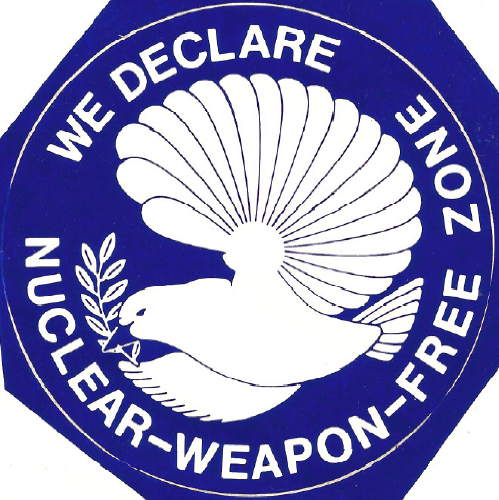Daily Report Archives
Established in December 1993, the Nautilus Institute’s *N*ortheast *A*sia *P*eace and *S*ecurity *N*etwork (NAPSNet) Daily Report served thousands of readers in more than forty countries, including policy makers, diplomats, aid organizations, scholars, donors, activists, students, and journalists.
The NAPSNet Daily Report aimed to serve a community of practitioners engaged in solving the complex security and sustainability issues in the region, especially those posed by the DPRK’s nuclear weapons program and the threat of nuclear war in the region. It was distributed by email rom 1993-1997, and went on-line in December 1997, which is when the archive on this site begins. The format at that time can be seen here.
However, for multiple reasons—the rise of instantaneous news services, the evolution of the North Korea and nuclear issues, the increasing demand for specialized and synthetic analysis of these and related issues, and the decline in donor support for NAPSNet—the Institute stopped producing the Daily Report news summary service as of December 17, 2010.

Peter Hayes, Executive Director of the Nautilus Institute, writes, “One thing is clear about past attempts to denuclearize North Korea: They have been an abysmal failure. They have not afforded Pyongyang the sense of security it needs to take real steps to give up its nuclear weapons ambitions. The idea of a South Korea-Japan nuclear weapon-free zone provides a fresh approach that might just work.”
Go to the article

Mark Valencia, senior associate at the Nautilus Institute, writes, “Although reverberations continue, Japan and China have wisely stepped back from the political brink in the East China Sea. But if the past has anything to say about the future, there will be similar serious confrontations at sea disturbing not only relations between the disputants but the security regime in Asia. This instability is not acceptable—not only for the parties directly concerned –but for their neighbors and extra-regional partners. What is needed are some guidelines or an agreed declaration of expected behavior in disputed areas that could avert such confrontations.”
Go to the article
Michael Hamel-Green, Dean of and Professor in the Faculty of Arts, Education and Human Development, Victoria University, writes, “The time is now ripe for the leaderships in Korea and Japan to show the same kind of vision that Brazilian and Argentina leaders showed in the early 1990s in averting a nuclear arms race that would have undermined their economic development at the same time as risking future nuclear conflict… we now have a new window of opportunity for denuclearization of Northeast Asia despite the current crisis in relations between the two Koreas.”
Go to the article



